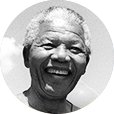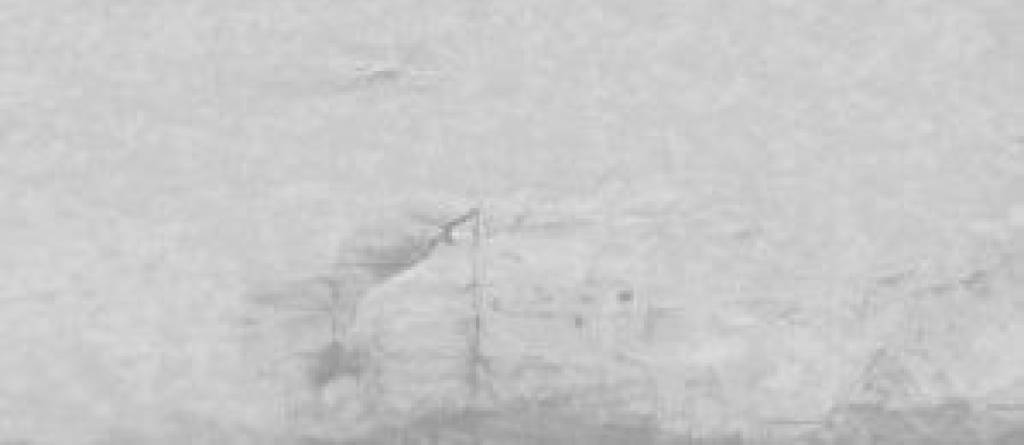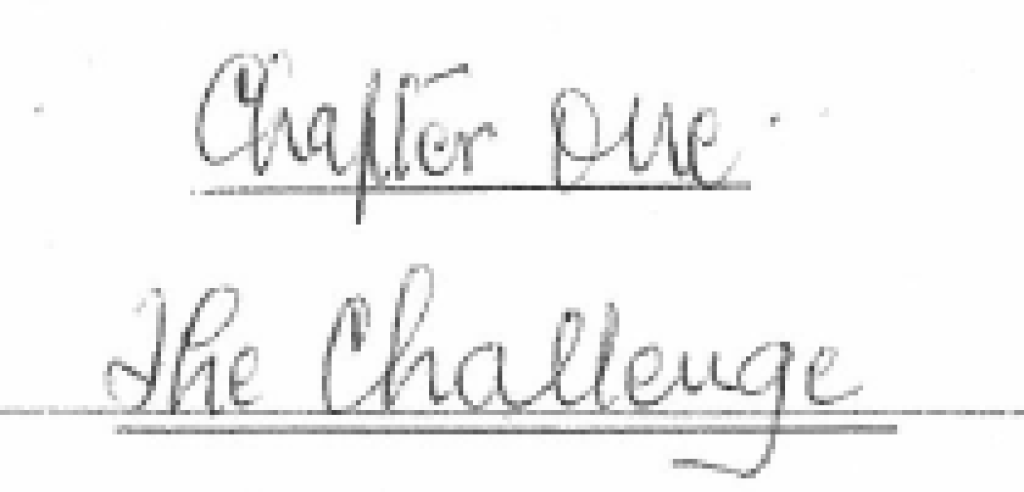
Men and women all over the world, right down the centuries, come and go. Some leave nothing behind, not even their names. It would seem that they never existed at all.
Others do leave something behind; the haunting memory of the evil deeds they committed against other human beings; the abuse of power by a tiny white minority against a black majority of Africans, Coloureds and Indians, the denial of basic human rights to that majority, rabid racism in all spheres of life, detention without trial, torture, brutal assaults inside and outside prison, the breaking up of families, forcing people into exile, [and] underground, and throwing them into prison for long periods.
A trigger-happy police force that massacred thousands of innocent and defenceless people and, worst of all, the use of the name of God by that white minority to justify the commission of evil against the majority.
In their daily lives these men and women, whose regime committed these unparalleled atrocities, wore expensive outfits and went regularly to church. In actual fact, they represented everything for which the devil stood. Notwithstanding all their claims to be a community of devout worshippers, their policies were denounced by almost the entire civilised world as a crime against humanity. They were suspended from the United Nations and from a host of other world and regional organisations right across the world. They became the polecats of the world.
There were also those who once commanded invincible liberation armies, who suffered untold hardships, yet ultimately succeeded, not only in freeing their people, but also in improving their living conditions. They attracted respect and admiration far and wide, and inspired millions in all continents to rise against oppression and exploitation.
Freedom and the installation of a democratic government bring erstwhile liberators from the bush to the corridors of power, where they now rub shoulders with the rich and mighty. It is in situations of this nature that some former freedom fighters run the risk of forgetting principles and those who are paralysed by poverty, ignorance and diseases; some then start aspiring to the lifestyle of the oppressors they once detested and overthrew. Unless their political organisation remains strong and principled, exercising strict discipline on leaders as well as ordinary members alike, inspires its membership, apart from government programmes, to develop social initiatives to uplift the community, the temptation to abandon the poor and to start amassing enormous wealth for themselves, becomes irresistible.
They come to believe that they are indispensable leaders. In cases where the constitution allows it, they virtually become life Presidents. In those cases where a country’s constitution imposes limitations, they generally amend the constitution to enable themselves to cling to power for eternity.
Leaders such as Leopold Senghor, Julius Nyerere, Ketumile Masire, Olusegun Obasanjo, Abdusalam Abubaker and Jerry Rawlings avoided these traps and stepped down at the height of their power and influence. They became respected and admired beyond the borders of their respective countries.
Yet when we are dealing with matters of state in countries other than our own, we must be scrupulously objective and avoid any form of subjectivity. We should be thoroughly conversant with the concrete conditions prevailing in each situation and exercise caution in our comments.
This would be the case where one holds a position of leadership for decades as a result of free and fair elections, or where the amendment of the constitution is endorsed by the majority of voters in that country. Foreigners should respect that and avoid interfering in the domestic affairs of a sovereign state.
Kingmakers are to be found all over the world, in every nation and community, in both genders, and in every organisation, be it political or otherwise.
They become role models not because they occupy positions of authority in the state, but because of their genuine concern for those who languish in poverty, hunger, illiteracy and terminal diseases.
These kingmakers are fully aware that such socio-economic issues are the most devastating assault on human dignity; that these are the basic causes of unemployment and a wide variety of crimes. Of these men and women, we can say with full justification at their graveside, that this person has done his or her duty to country and people. Their modest contributions to society live beyond the grave. They become worthy candidates for immortality.

It is now common knowledge that an unprecedented challenge faced the first democratically elected government of the Republic of South Africa. It was a major Rubicon to cross for the generation of dynamic and steeled freedom fighters who, for almost half a century, had sacrificed everything for the liberation of their fatherland.
Some of them had given up lucrative careers, spent almost a lifetime under harsh conditions in exile, mobilising the international community to condemn apartheid and isolate white South Africa. That almost every country in the world in due course shunned South Africa and apartheid was condemned a crime against humanity, was a measure of the success of their historic campaign.
Those who lived in exile crisscrossed the five continents to brief heads of state and governments on our situation, attending world and regional gatherings, and flooding the world with material exposing the inhumanity of apartheid.
It was this worldwide campaign which made the ANC and its leaders inside and outside the country, one of the most well-known liberation movements of the world.
The fighters of Umkhonto weSizwe (MK) displayed exceptional courage and infiltrated the country on many occasions, attacked government installations, clashed now and again with the apartheid forces, and in several engagements put them to flight.
Other freedom fighters worked inside the country either above or underground, urging the masses to rise and resist all forms of oppression and exploitation. They braved the brutality of the regime regardless of what happened to themselves. For liberation they were prepared to pay the highest price.
Still others languished in apartheid jails fearlessly asserting their right to be treated as human beings in their own motherland. They literally dug themselves in the lion’s den, demonstrating once again, the universal principle that evil men cannot smother the freedom flame.

